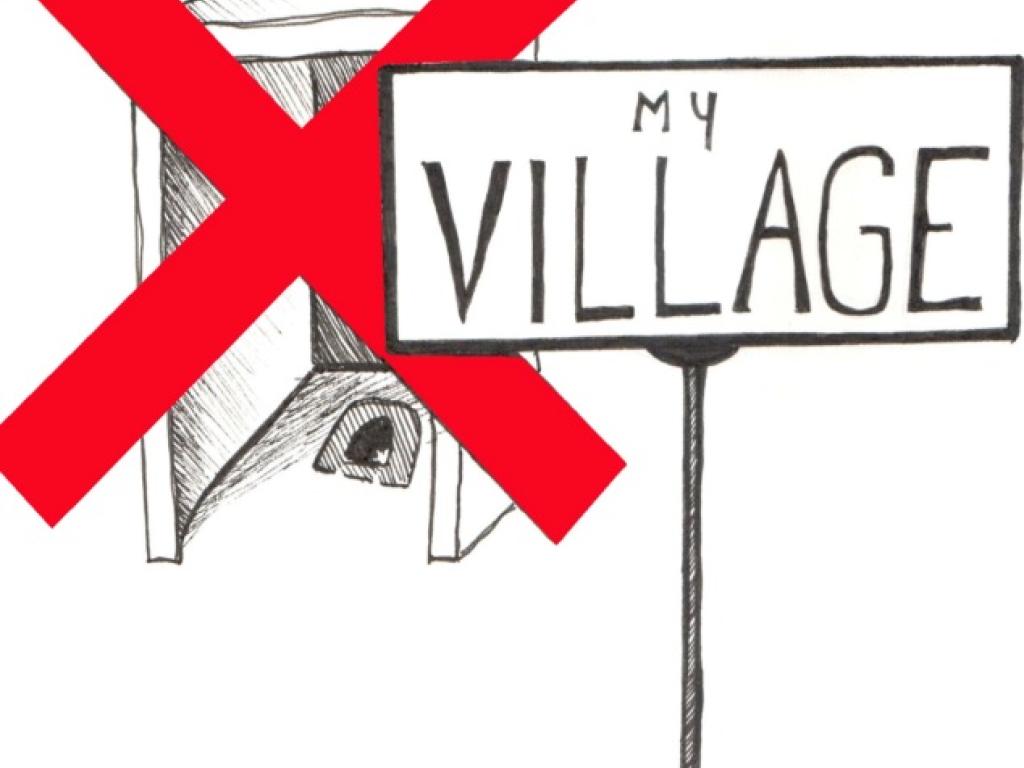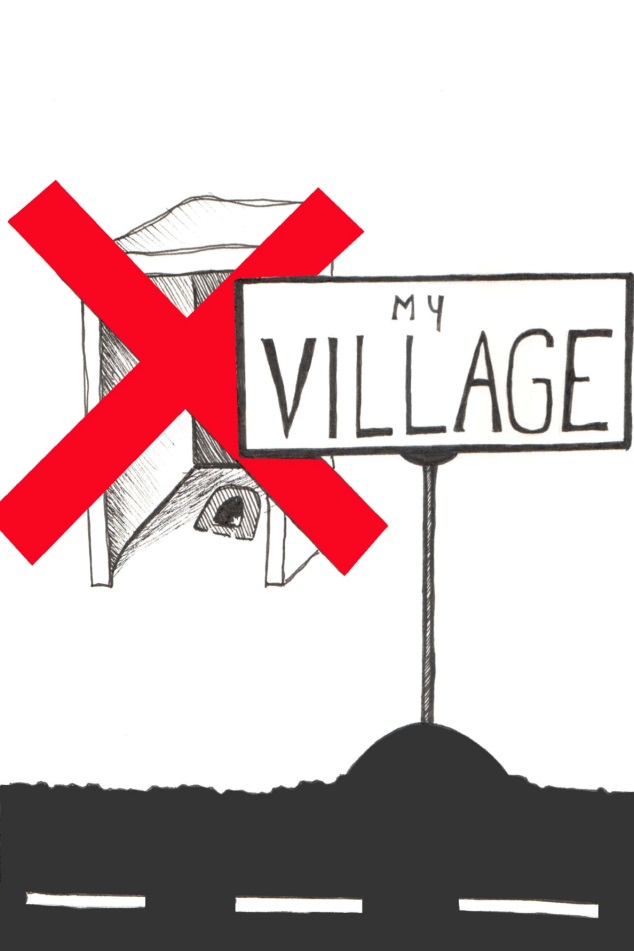We want sign boards, not fancy toilets!

By Edmond Totin, West Africa Researcher - ICRISAT

When doing adaptation work, we should not plan for people. Rather adaptation measures should be planned with people whose wellbeing is at stake, and interventions should be embedded in their particular contexts. It’s also important to not view ‘wellbeing’ as a one-size-fits-all concept. Instead, researchers and development agents need to understand what wellbeing means for the communities with which they work. Doing so will ensure that their work addresses relevant concerns and aligns with peoples' needs and expectations.
A great example of how far removed adaptation efforts can be from people’s needs comes from a community in the Upper West Region of Ghana. Here, a development project recently spent thousands of dollars to build sanitation facilities. Good idea, one might think! But surprisingly the community members do not use these facilities – at least not for the purposes they were intended. Instead, people use them to store their crop harvests (e.g., maize, millet, groundnuts).
One of the community chiefs explained that his community did not want sanitation infrastructures. Instead, he said, “if the project staff had asked me, I would have told them that what we need are sign boards along the roadside that indicate the way to our community”. Of course, sanitation facilities are important for wellbeing given that they help prevent water and sanitation-related diseases.
But if the project plans were first discussed with the community members, and were co-developed with all their needs in mind, they would have been better aligned and better accepted.
Our focus
To consider what wellbeing means to our stakeholders in West Africa we engage with them and our partners throughout the design, implementation and assessment phases of our research. During our recently completed design stage we conducted interviews and focus group discussions to diagnose the problems that our stakeholders are having and to explore any existing solutions to these problems. We tried to capture the voices of all stakeholders to ensure that our work is responsive to a wide range of wellbeing needs.
An important conversation with smallholder farmers in the Koutiala district of Mali – one of our study sites – led us to critical information about how the livelihoods and wellbeing of these farmers is strongly linked to issues of land tenure.
Land tenure can serve as a key impediment to undertaking the kind of production practices that could help to manage climatic and non-climatic risks. For example, a secure land tenure system is crucial to the increasingly common practice of agricultural intensification, which often requires large investments in resources (e.g., labour, production inputs, water). Farmers explained that, without land tenure security, they would not be willing to invest these resources. We will continue to engage these same stakeholders during the next phase of our work – the implementation phase – where we aim to better understand how the land tenure system is considered, and will be affected by, governance decentralisation processes. Ultimately, by exploring pathways that make land users feel more secure, and that have positive impacts on their wellbeing, we truly hope our adaptation efforts are valuable and welcomed, rather than flushed down a toilet!